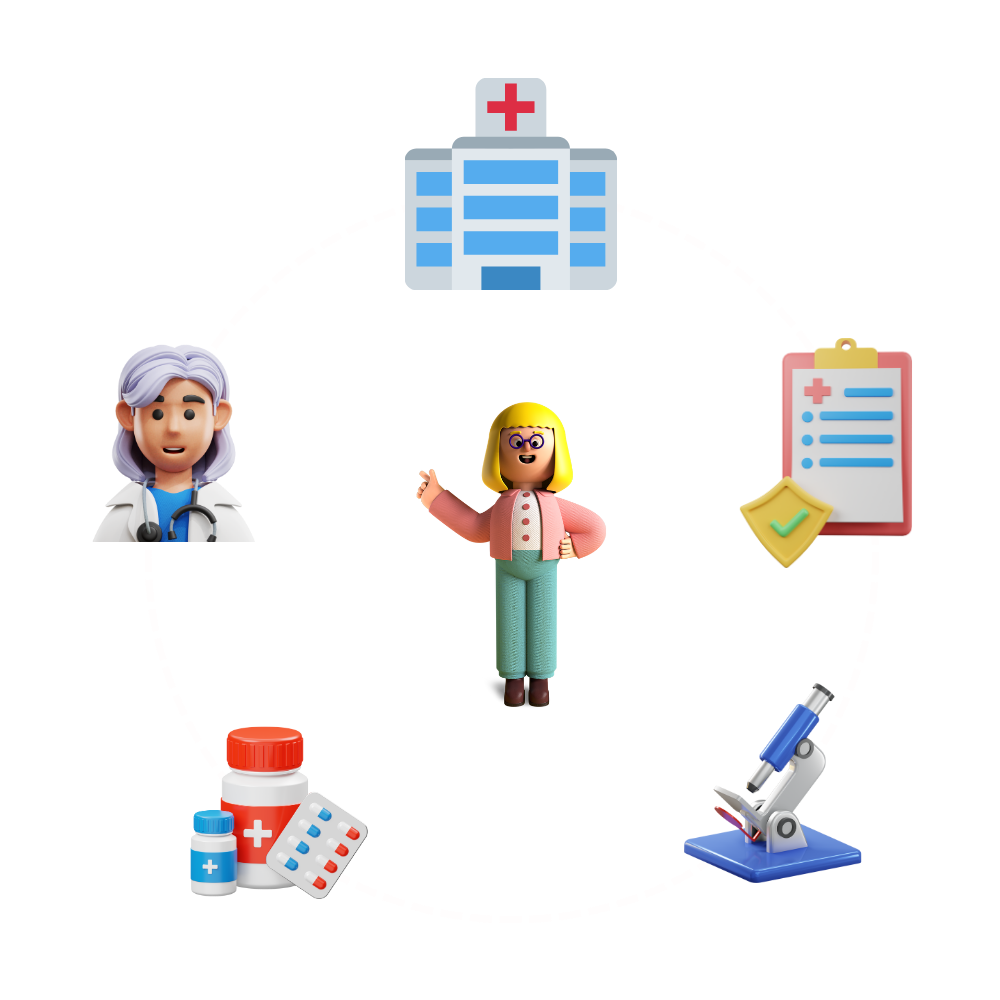About Asutosh Multi Specialty Hospital
Since 2008
Asutosh Multi Specialty Hospital is Well Known 100 beds specilaity hospital located at Majura Gate, Surat. Established in the year 2008. Asutosh Multi Specialty Hospital is visited by top doctors like Dr. Jitendra Dumaswala (Cardiologist).
The Timing of Asutosh Multi Specialty Hospital is
MON - SUN
24 * 7
For patients pleasant facility, Asutosh Multi Specialty Hospital provides a amenities like Waiting lounge. Asutosh Multi Specialty Hospital has a wide range of procedures and services offered to their patients like General Medical Consultation.
The 1 Doctors at Asutosh Multi Specialty Hospital are very good knowledge in their field of expertise & provide the best Diagnosis & Treatment to patients. The staff at Asutosh Multi Specialty Hospital are polite and providing prompt assistance with any queries that the patient may have.
The patient can pay for the service with ease by using any of the available modes of payment, such as Credit Card, Debit Card, Net Banking, Cash, Master Card, Visa Card, American Express Card. Asutosh Multi Specialty Hospital achieveing Accrediation with NABH.
ASUTOSH derives its name from Advanced SUrat Traumatology & Orthopedic Surgery Hospital. This is dream accomplishment for Dr. Rajiv Raj Choudhry after completion of 25 years of Orthopedic Surgery practice. Dr. Suhas Shah, Pediatric surgeon & Dr. Jitendra Dumaswala, Physician have joined him in this new venture.
ASUTOSH is,
World class Tertiary care (Level – III) Trauma center with Medical ICU & critical care unit with all branches of a Multi specialty hospital.
NABH Certified Hospital.
Golden hour principle – 24 x 7 Round the clock availability of M.S. Orthopedic Surgeon, M.D. Physician & M.D. Anesthetist at hospital.
• Quality care (Attempt to achieve Negligible infection rate) at reasonable charges (No Surcharge).
Cashless facility available. On panel of majority insurance company & corporates.
Health Check up Packages & Operation Package charges available.
Surgical Facilities
German technology prefabricated joint less operation theatre having 0.3 micron Laminar Air flow. Walls painted by British antibacterial & antifungal paint.
6 operation theatres. 5 major O.T. & 1 minor O.T.,All 5 O.T. class 100 (Highest level) with 0.3 micron HEPA filters & Laminar air flow.
3 joint less modular O.T. class 10000 having 5 micron bacteria free air supply.
Most advanced sterilization department equipped with ETO, Washer with Lubricant, Ultrasonic cleaner, Flash sterilizer & 2 high pressure horizontal steam sterilizers.
Special room to store sterilized instruments with 5 micron air supply.
First time in Western India Bone Bank in collaboration with Tata memorial hospital Mumbai.
Scopy theatre has Harmonic Scalpel, 3-chip camera, xenon light source, medical grade monitor mounted on extra rotating arm of O.T. light. Karl Storz set for Pediatric & Adult laparoscopic surgery, Arthroscopy, Cystoscopy & resectoscopy. Operating microscope for Neurosurgery.
Imported remote control operation tables, 130000 lux imported O.T. lights minimum 2 domes. 3 C-arm machines, 7 Anesthesia trolley including 2 imported Dragger trolley with gas analyzer. 7 cautery machines, 9 two arm rotating pendants.
Central O2, No2, Co2, Suction & Medical grade compressed air, outlets on pendants.
Central monitoring by 8 parameter Phillips interactive monitors.
 Drlogy
Drlogy







